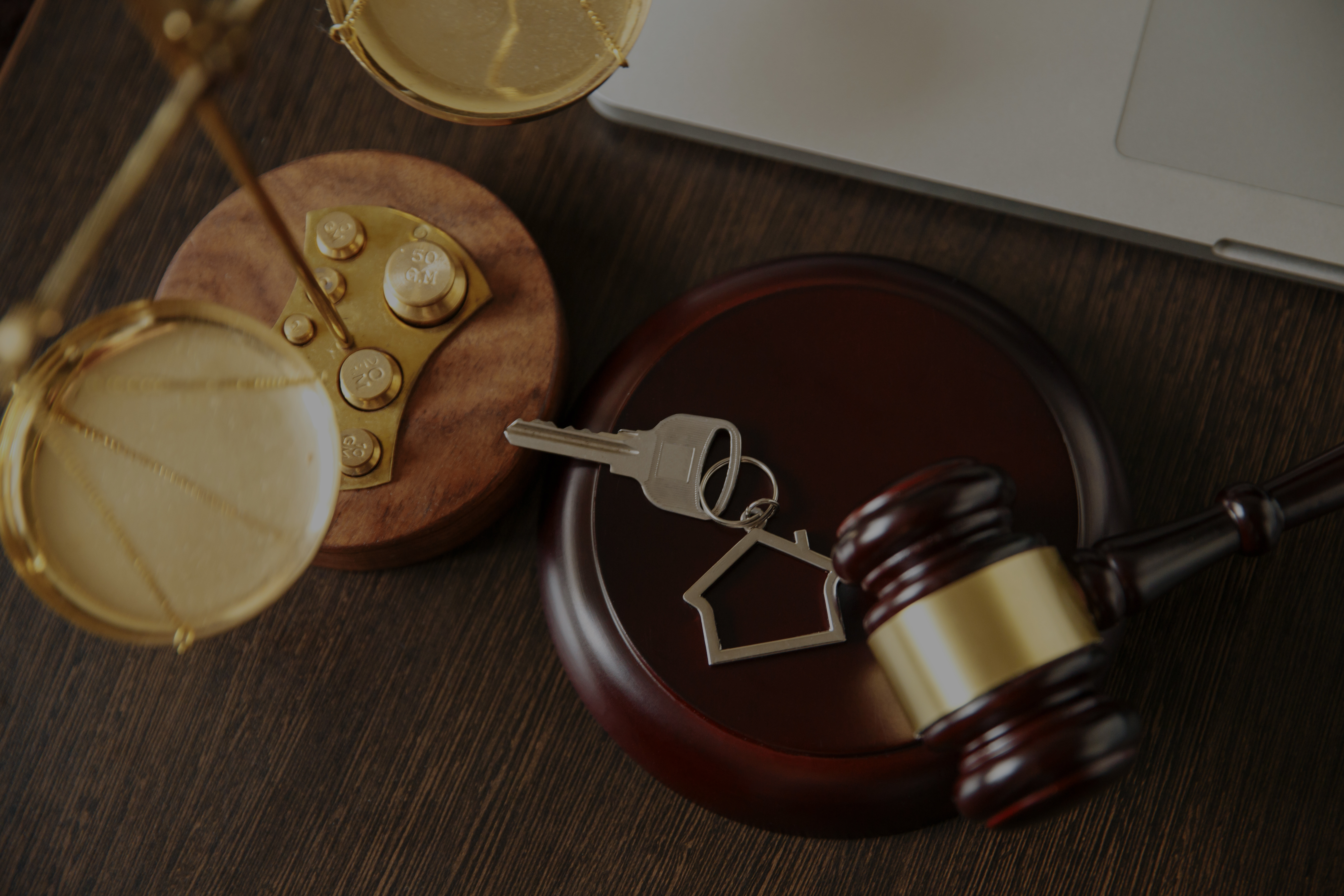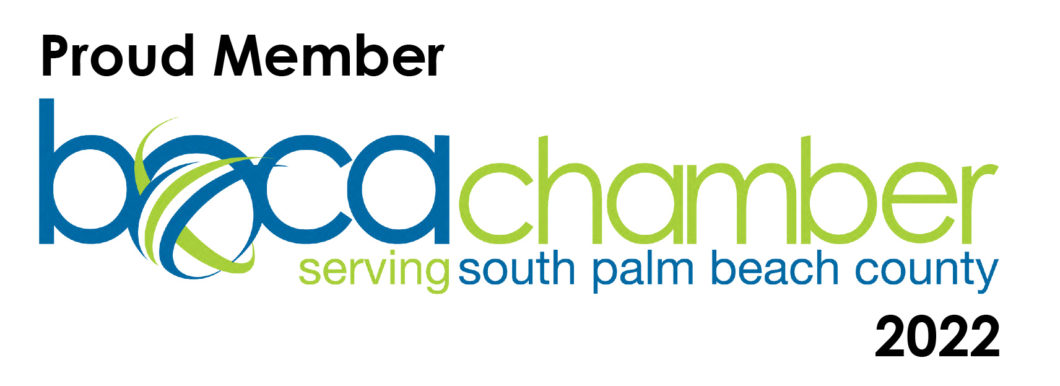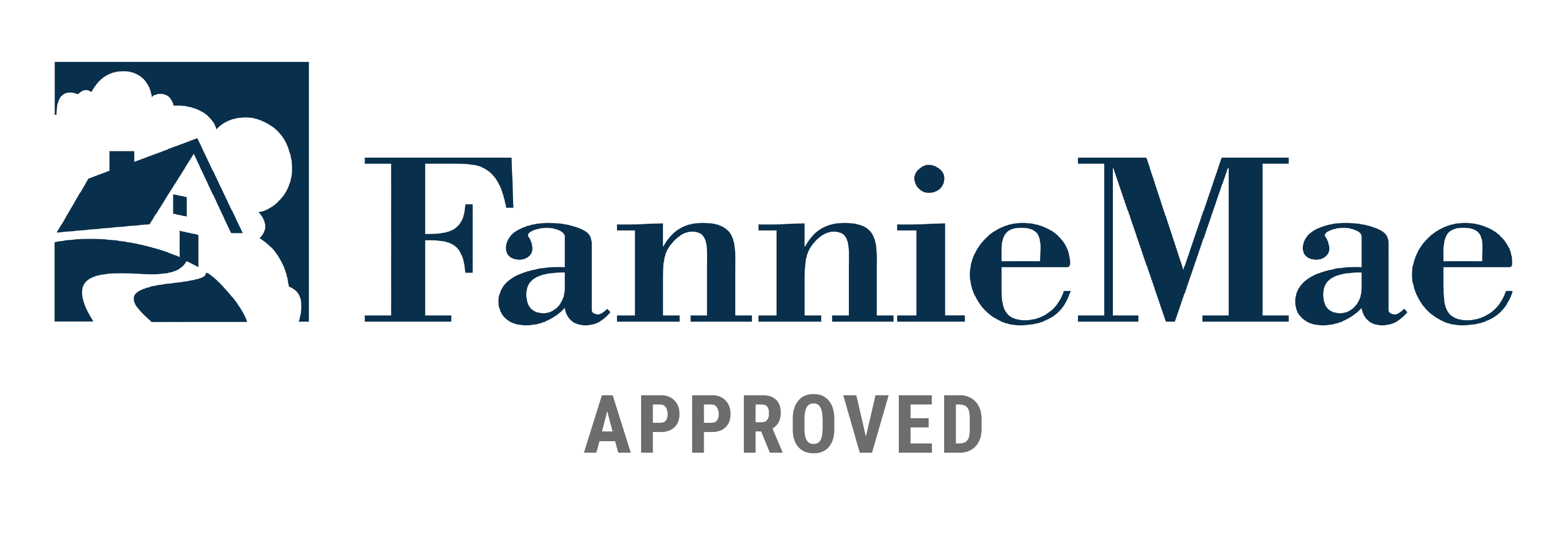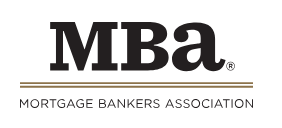Anticipating that many tenants are not likely to be able to pay their rent due to loss of income, a growing number of municipalities and states have taken action to temporarily suspend evictions as one method of relief. Landlords also face much of the same financial burdens but that hardship has not been as publicized. Below are a few strategies landlords can employ to address tenant concerns in a way that is mutually beneficial.
Below are also some strategies that can help landlords prepare for potential legal issues with tenants.
Addressing Tenant Concerns
Landlords should reach out to their commercial tenants to see how the virus has impacted their business and how they are dealing with it. Many businesses have been deemed to be non-essential or essential in a reduced manner which may cause them to experience cash flow issues. Landlords should work with commercial tenants regarding and cash flow projections to help understand how to proceed while minimizing friction.
Preparing for Potential Future Litigation
In addition to proactively addressing tenant concerns through lease modifications, it is important to note that some tenants will refuse, or be unable, to pay rent. Note that many state courts are either shut down or are working in a reduced staff capacity.It is important for landlords to keep in mind that they still have all of their rights under their leases. No federal or state programs have absolved tenants from performing under the lease, they have simply temporarily delayed landlords’ enforcements of their rights due to the health emergency. While a landlord may not be able to evict the tenant, financial damages and interest still continue to accrue.
How should a defaulting tenant be approached?
Landlords should continue to perform under the lease. All interactions with tenants should be documented and any attempt to remedy defaults. Landlords should provide any and all correspondence from tenants regarding the refusal to pay rent to their attorneys as soon as possible.
Tenants and COVID-19
During this public health crisis, tenants across the country are facing tough decisions as rent and other bills are coming due in the midst of the resulting economic fallout.
Below are some answers to common questions from tenants:
What should I do if I am not able to pay my rent?
Tenants who are unable to pay should immediately alert their landlords. Landlords are often more willing to negotiate with tenants who contact them quickly.
Can my landlord evict me?
It depends…Landlords are prohibited from filing new eviction complaints and evicting any tenant during the public health emergency and for 60 days after the end of the emergency.
Additionally, Congress passed a national moratorium that has shielded about one-third of renters from eviction since late March. Additionally, The Centers for Disease Control and Prevention (CDC) issued a temporary eviction moratorium. That moratorium is effective Friday, September 4th all the way through December 31st, 2020.
The moratorium is there to prevent landlords from evicting tenants, but the owed rent continues to accumulate. Depending on the type of moratorium, landlords may be prevented from charging late fees or other penalties to delinquent renters. Renters should reach out to local housing groups and tenant rights organizations to determine whether they are covered by a local moratorium.
Do I have to keep paying my rent?
Yes, to the best of your ability, any rent you do not pay now, will be due later. If you cannot keep up with your rent, you should reach out to your landlord, and try to pay the portion of the rent due.
Is my landlord legally bound to allow me to enter into a rent payment plan?
Yes, if you can show proof that the public health emergency caused you direct or indirect financial hardship. The payment plan should cover all rent owed during the public health emergency and for one year after the end of the emergency, and fees that are part of your lease, e.g., amenity fees. Your landlord has to create an application procedure for rent payment plans and has to accept applications via telephone and online. You do not lose any of your rights as a tenant if you sign a payment agreement.
Before signing an agreement, consult with an attorney, including the Landlord-Tenant Legal Assistance Network (LTLAN) at 202-780-2575 or the Office of the Tenant Advocate (202-719-6560). Do not sign any agreement you cannot uphold. If you are denied a rent payment plan by your landlord, you may file a complaint with the Rent Administrator of your state.
Can my rent be increased due to COVID-19?
If you live in unsubsidized, rent-controlled, or private housing your landlord cannot increase your rent during the public health emergency.
Do I have to pay late fees?
If you qualify for protections under the CARES Act, your landlord cannot charge you late rent fees until July 25.
I gave my landlord my Notice to Vacate before the public health emergency. Do I still need to move?
No, as all Notices to Vacate are delayed up until after the public health emergency ends.
Am I able to break my lease and move to another location if necessary?
If you are in the middle of an unexpired lease, you will need to discuss with your landlord if you are able to break your lease.
I can’t afford to pay my utility bills. Will my utilities be shut-off?
No. Utility companies (electric, gas, water, and telecommunications) cannot disconnect services during the public health emergency and 15 days after the end of the emergency.
Will my landlord be able to impose late fees after COVID-19?
Not for time periods that fall within the public health emergency period. Your landlord otherwise will be able to impose late fees if your lease allows them and if you do not pay your rent within 5 days of the due date (or within the indicated grace period of your lease)
Is it legal for my rent to be increased after COVID-19 is over to recuperate losses?
No, landlords are not allowed to increase rent after the end of the health emergency.
Will there be more help for renters?
It’s unclear whether Congress will do its job and pass a bill to help landlords and tenants. Some Democrats have called for a $100 billion national rental-assistance program, and Sen. Kamala D. Harris (D-Calif.) has unveiled a sweeping housing plan that would ban evictions and foreclosures for a year, while giving tenants up to 18 months to pay back missed payments, but neither idea has gained traction with Republican senators.
Housing advocates however remain hopeful.
–
Landlords and tenants have an opportunity, if they act proactively, to turn the current crisis into an opportunity that is mutually beneficial to all parties involved, and the community. Eviction laws are complicated, For renters unfamiliar with the process, hiring the right attorney could be helpful. If you have any questions regarding the use of any of the strategies above or wish to explore other strategies, please contact us at 561-207-2018 for a free legal consultation.






